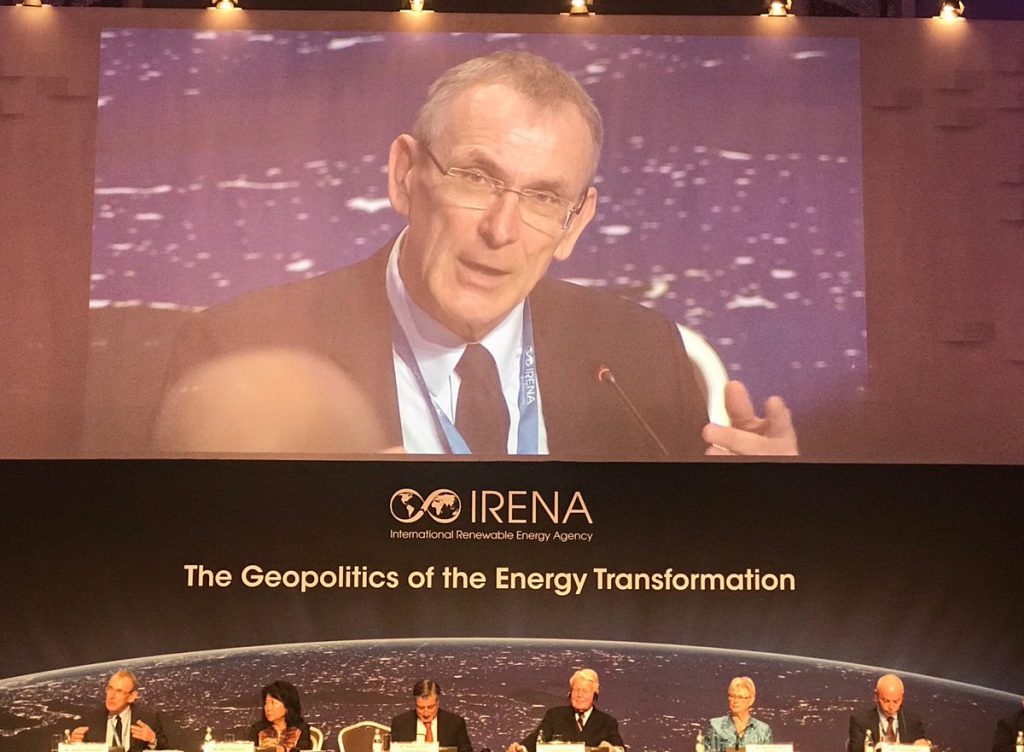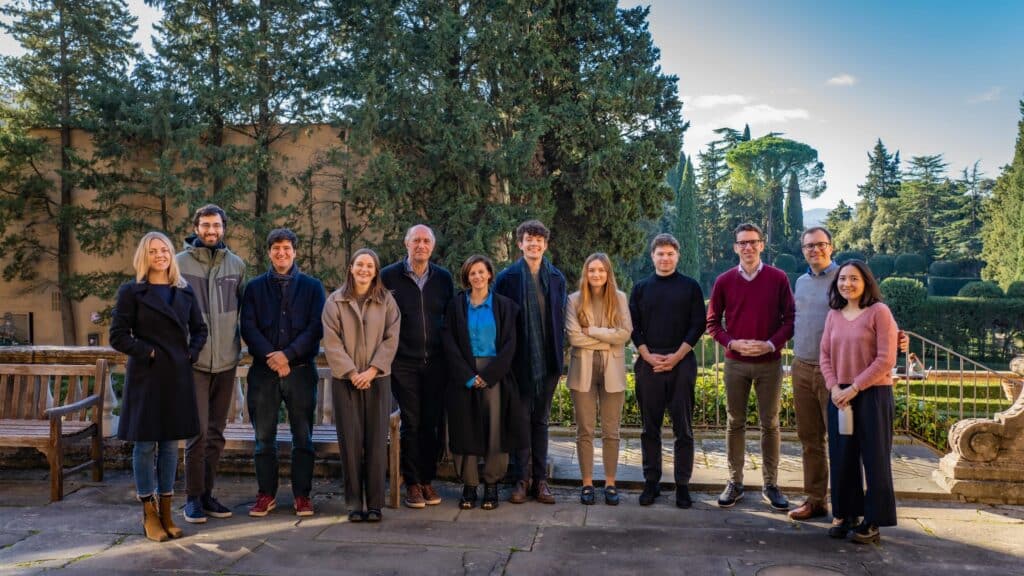FSR in Abu Dhabi for the launch of ‘New World: The Geopolitics of the Energy Transformation’
Part-time Professor of the Florence School of Regulation Andris Piebalgs is one of the Commissioners of the Global Commission’s Report: “A New World: The Geopolitics of the Energy Transformation”.
The 11 January 2019 during the IRENA’s (International Renewable Energy Agency) Assembly the Global Commission on the Geopolitics of Energy Transformation launched its Report “A New World : The Geopolitics of the Energy Transformation”.
The Commission is made up of experienced leaders from the worlds of energy, politics, trade, environment and development. The part-time professor of the Florence School of Regulation Andris Piebalgs is a member of the Commission.
The Report represents the first-ever comprehensive analysis of the far-reaching geopolitical consequences driven by the rapid development of renewable energy. During the last six years renewables accounted for more new power generation than the one generated from conventional sources of energy. The Commission believes that the geopolitical and socio-economic consequences may be as profound as those which accompanied the shift from biomass to fossil fuels two centuries ago. The abundance of renewable energy sources will strengthen global energy security. This transformation can also mitigate social, economic and environmental challenges that are often the root causes of geopolitical instability. At the same time, it will give birth to a more electric energy world with the new emerging interdependencies. Electricity will become the cornerstone of new patterns of energy trade – altering the nature of the relations between States. The energy transformation will create new energy leaders. The fossil-fuel exporters may see a decline in their global influence unless they adapt their economies to the new trends.
The Commission believes that leaders and policy makers should anticipate the new development and help countries to benefit from it. The Report suggests several areas where international cooperation would help countries to mitigate the emerging risks emerging like cybersecurity, trade in electricity and clean energy technologies, critical materials.
The report can be found www.geopoliticsofrenewables.org






